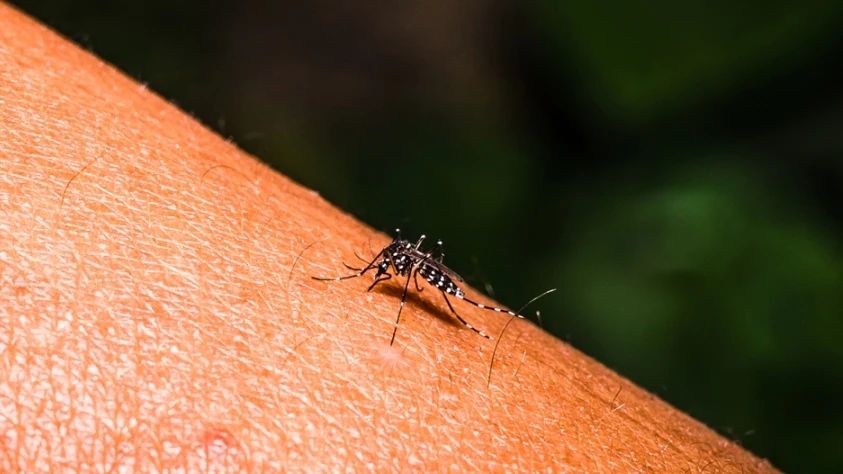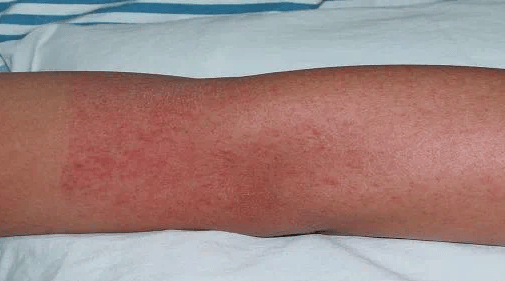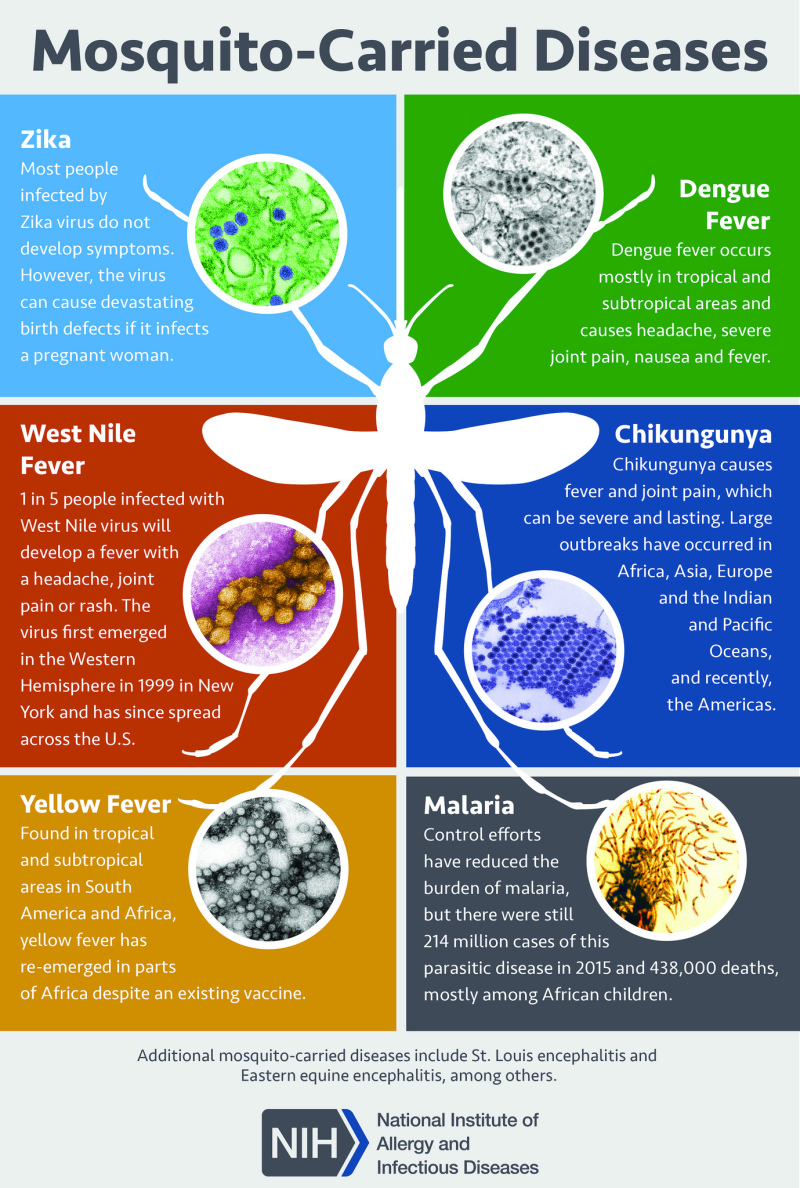Foshan, a major city in South China's Guangdong Province, is currently facing a localized outbreak of chikungunya fever, with 478 confirmed infections as of Tuesday, July 16. Local health authorities have attributed the outbreak to imported cases and have initiated emergency public health measures in response.

The outbreak was first detected on July 8 in Shunde District, where the majority of cases have been reported. According to a statement from the Shunde District Health Bureau, the confirmed cases are concentrated in three towns, and all individuals affected have been classified as mild cases with no reported fatalities.
Chikungunya fever is a mosquito-borne viral illness, transmitted primarily by infected Aedes mosquitoes—the same species responsible for spreading dengue and Zika viruses. The virus causes symptoms such as fever, rash, fatigue, and severe joint pain, which can last from a few days to a week. While the disease is rarely life-threatening, it can significantly affect daily life due to its sudden onset and joint-related discomfort. Fortunately, once individuals recover from the infection, they typically gain lifelong immunity to the virus.

Health officials in Foshan have deployed specialized teams to conduct case investigations, carry out nucleic acid testing, and monitor mosquito breeding sites in affected neighborhoods. Vector control efforts, including the spraying of insecticides and public sanitation campaigns, have also been intensified.
Local authorities are urging residents to take preventive measures such as wearing long-sleeved clothing, using mosquito repellent, and eliminating standing water in and around their homes to reduce mosquito breeding. Citizens are also advised to seek immediate medical attention if they develop symptoms consistent with mosquito-borne illnesses.

The outbreak coincides with the region's hot and rainy summer season, a period that typically sees a surge in mosquito populations and a corresponding increase in vector-borne illnesses like dengue fever and chikungunya. The health bureau has emphasized the importance of community awareness and cooperation in preventing further spread of the disease.
Public health experts are continuing to monitor the situation closely and have not ruled out the possibility of additional cases. However, they remain confident that with prompt intervention and public vigilance, the outbreak can be effectively controlled.



